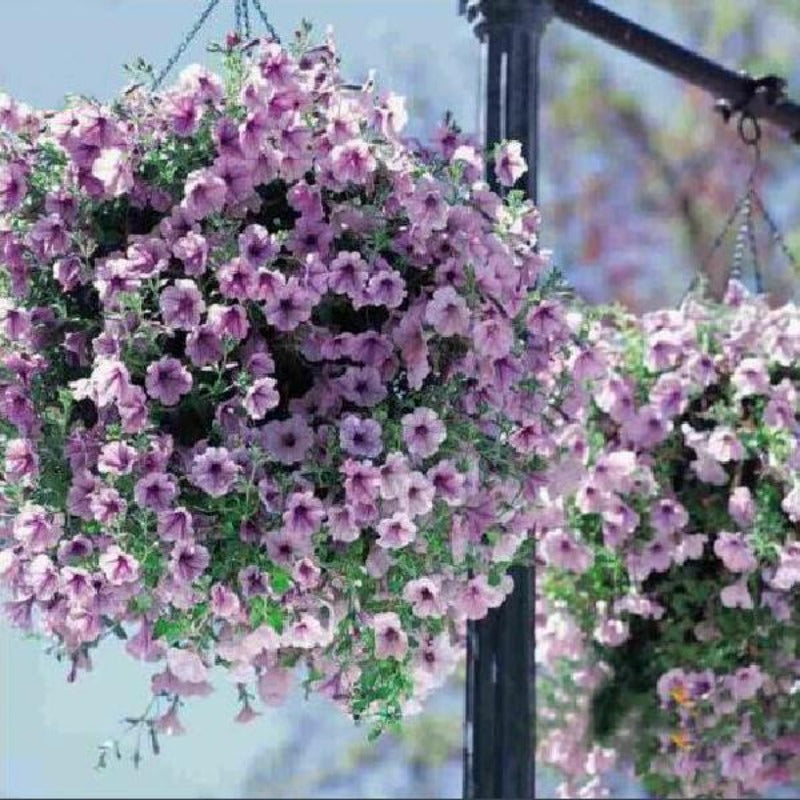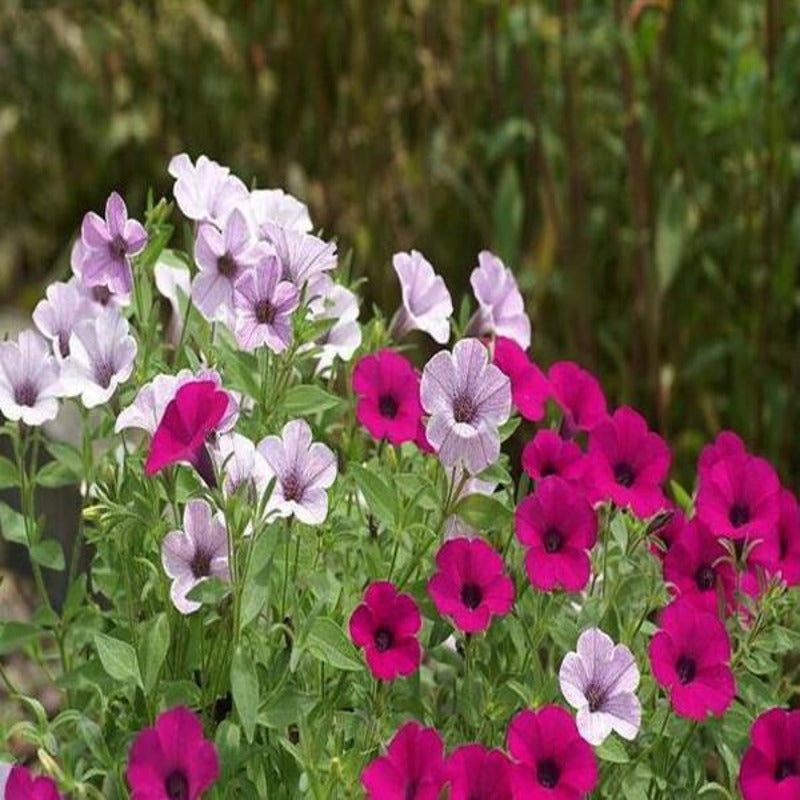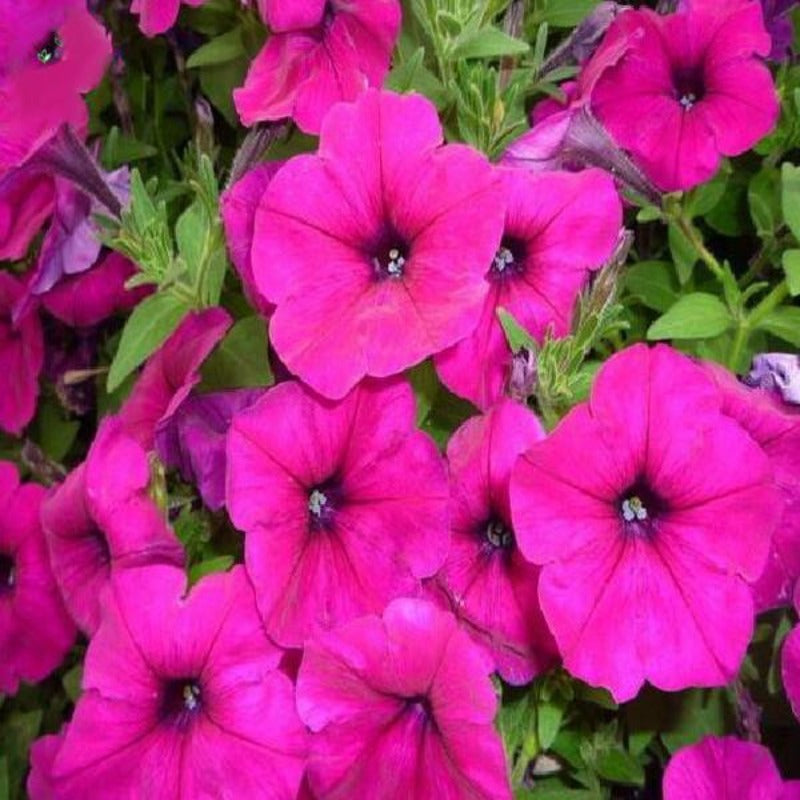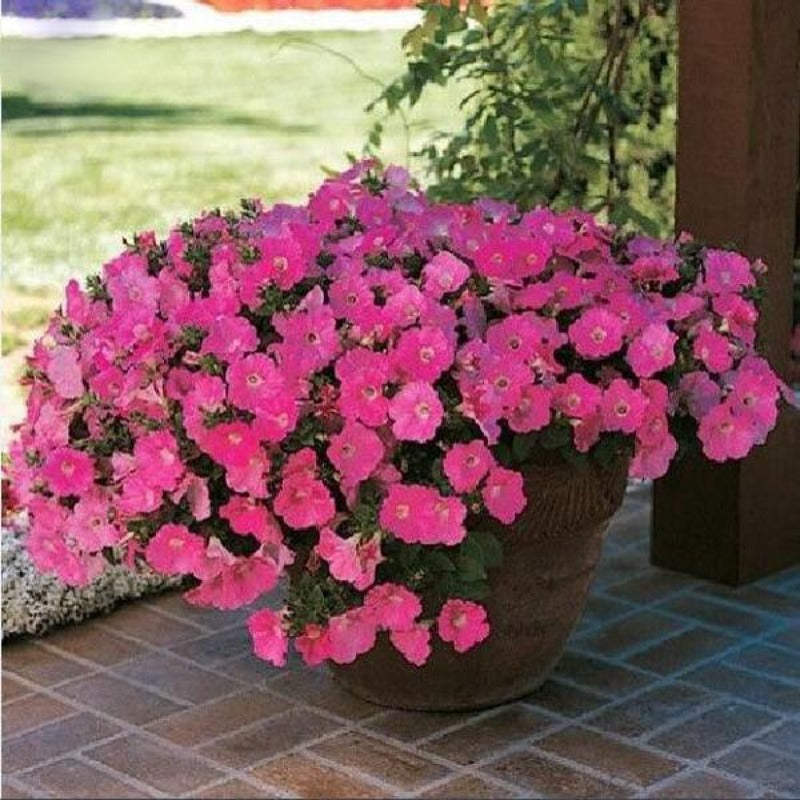- Species and varieties: Petunia is a genus of flowering plants in the family Solanaceae. The bonsai petunia is a miniature variety of the common petunia, known for its compact growth and vibrant flowers. Popular varieties include Petunia x hybrida, Petunia integrifolia, and Petunia axillaris.
- Hybrid or heirloom: Bonsai petunia flower seeds are typically hybrid varieties. These hybrids are bred for their compact size, vibrant colors, and resilience. They are not heirloom seeds, as they are specifically cultivated for their unique bonsai characteristics.
- Pruning and training: Regular pruning is essential to maintain the compact shape of bonsai petunias. Pinch back the stems to encourage bushier growth and remove spent flowers to promote continuous blooming. Training involves guiding the growth to maintain the desired bonsai form.
- Fertilization needs: Bonsai petunias require regular fertilization to support their growth and flowering. Use a balanced, water-soluble fertilizer every two weeks during the growing season. Avoid over-fertilizing, as this can lead to excessive foliage growth at the expense of flowers.
- Hardiness zones: Bonsai petunia flower seeds are suitable for USDA hardiness zones 9-11. They can be grown as annuals in cooler zones or as perennials in warmer climates.
- Climate requirements: Petunias thrive in full sun and require a warm climate with temperatures ranging between 60-75°F (15-24°C). They prefer well-drained soil and moderate humidity. In cooler climates, they can be grown indoors or in greenhouses.










